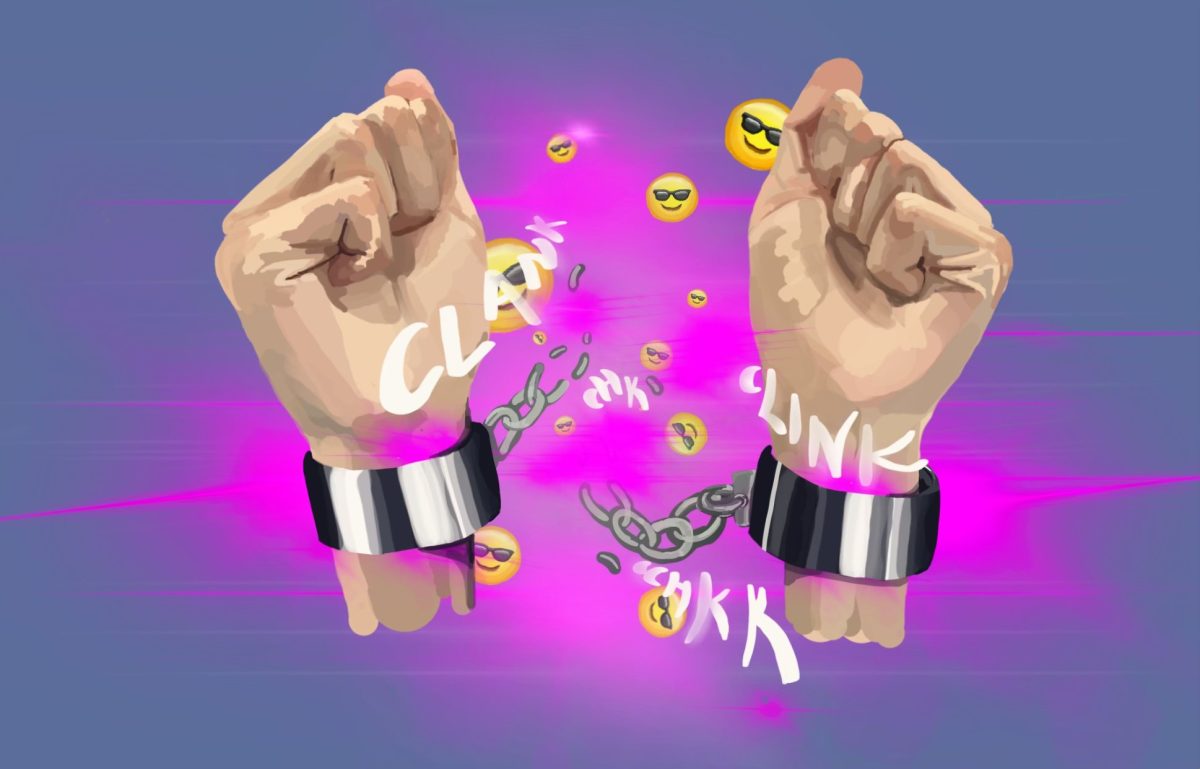There’s a strange little pattern in Europe and beyond. As soon as conflict rekindles between Israel and its Palestinian neighbors, vicious attacks against local Jews flare up. Just this week, a kosher restaurant was fire bombed in Paris while a Jew in Antwerp was stabbed on the way to synagogue; in Australia, reports show that the number of physical assaults on Jews has tripled between October 2013 and September 2014. This past summer, during the most recent Israel-Gaza fighting, a de facto war was waged on much of Western Europe’s Jews. Stores, people, and property were all subject to violence and vandalism. “Gas the Jews!” roared many demonstrators at a pro-Palestinian rally in Germany. “Death to the Jews!” yelled activists at similar protests in France, Amsterdam, and Belgium. Following the summer’s assaults, articles poured in, decrying Europe’s revived anti-Semitism. One of these was by the French public intellectual Bernard-Henri Lévy and goes through the various guises of anti-Semitism throughout history, before then explaining how anti-Semitism has taken to a new pretext in the 21st century—one based on a mix of anti-Zionism with a pinch of Holocaust denial.
Yet Lévy overlooks an age old form of anti-Semitism, which still lurks among us in the same form as always, though perhaps in a subtler garb. Anti-Semitism is a strong word, and I’m not certain how to label this; but however you like to call the following phenomenon, it’s not a healthy one.
I’m afraid that this is how a UChicago student can go through his day—waking up and checking the UChicago Secrets page on Facebook to find post #4145 with 39 likes:
“I secretly think that President Zimmer doesn’t exist, and that if you were to open the door to his office, you would find a table full of elderly Jewish men making all the decisions and just passing themselves off as a single reclusive individual.”
Later, he would find his way to one of the bathrooms in the bookstore and notice the graffiti on the stall: “Jewish men run the CIA,” it reads. He opens his reading for Sosc to hear Marx claim that malicious capitalists are “inwardly circumcised Jews” (Capital, Volume I ). In other words, Marx associates the source and propagation of sinister economic forces with the jew. He then goes to see Steven Salaita, a professor whose job offer was rescinded at University of Illinois, presumably because of a string of strongly worded anti-Israeli tweets—like “I wish all the fucking West Bank settlers would go missing” after three Israeli boys were kidnapped, or “Zionists: transforming ‘anti-Semitism’ from something horrible into something honorable since 1948” (Note the quotes around anti-Semitism as if it’s nonexistent). At the event Salaita paints a picture insinuating that Jews control academia and silence views they don’t like.
This is how I went through my day on October 7. As a practicing Jew, I’m obviously more sensitive to these themes than the average student. Nonetheless, whether we like it or not, all the sights and sounds around us either affect us directly or slip into our subconscious, and I’m afraid that when an average student hears the word “Jew,” he’ll search through the most recent file in his brain and find associations that are hateful and harmful.
None of this is a new phenomenon on campus. Last year I overheard someone in the Reg explaining why “Jews are annoying.” “All Jews run Wall Street. They take over all of the banks. It pisses me off,” the person said to the girl sitting next to him. “That shouldn’t make you dislike Jews,” she responded. Despite this, he went on. “That’s why I’m doing Econ. They can’t be the heads of everything.” At a party, a student told a funny story about his friend who used to steal food from the dining hall. The punch line? “And he was a Jew!” My friend also woke up last year to a swastika taped to his door, while another found one etched on a desk in Harper. Our campus may not be like Emory, which had its library and Alpha Epsilon Pi fraternity house vandalized with swastikas earlier this fall, but similar sentiments seem to be lurking.
Though other awful minority stereotypes are thought to be completely unacceptable, the fabrication that Jews are greedy and control everything (politics, media, finance, etc.) often goes unnoticed; some may even claim that it’s a compliment—but the truth is far from it. Graffiti is not the usual medium for praise.
The canard that Jews control everything and are miserly is a tale as old as time, with its apex in the Protocols of the Elders of Zion. Why are these sentiments of Jewish success in particular problematic? In the past, these sentiments have fueled pogroms (organized massacres of Jews) and expulsions of the Jews. The Jews were blamed for the Great Depression, for Germany’s terrible economy prior to World War II, and even for the most recent global financial crisis. These conspiracies are dangerous because frustrations toward any sort of entity that Jews are thought to control results in baseless hatred toward the Jewish people and individuals.
It’s the subtlety that makes the phenomenon playing out at UChicago so unsettling. It seemingly goes unnoticed, yet everything we are exposed to affects our perceptions. That post is still on UChicago Secrets; either the editors of the page didn’t have enough discretion, or no one found it problematic enough to encourage them to take it down. Malevolent Jewish prejudices have been kept quieter, but they’re still here. America is no Europe, yet it’s seemingly small stereotypes like these that need to be crushed before they grow into a more patent form of evil. I’m not suggesting the school is full of rabid anti-Semites, but rather to simply be more cautious before making that Jew joke, and to think twice before laughing in your bathroom stall.
Eliora is a second-year in the College.







